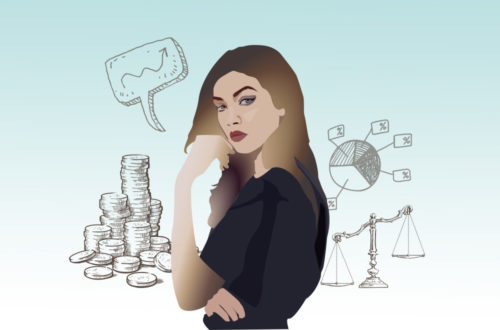What is a Share?
When a company is set-up the founders decide how many shares they want to break down their company into. If they choose 100 shares it means each one is worth 1% of the company. These shares are then divvied up to all who are involved in starting the company.
Side note: We’ve chosen 100 shares for this example but it could be 1, 20, 1,000, as many shares as the company wants! If they’re expecting to grow and have lots of shareholders in the future they would normally choose a bigger number since it makes it easier to manage. Think of Facebook for example. It has millions of shareholders around the world so they need a lot of shares to divide up their company!
Got it. That sounds simple enough
It is, but there’s more to it. As the company gets bigger more shares may be added and given to new employees or to a person who has put money into the company to help it grow (hello private investor!). With these new additions, let’s say there are 200 shares, it now means each share is worth 0.5% of the company.
So, back up please, a share is…?
A portion of a company. At the start, shares are used to divide a company amongst its founders. Then, as the company grows, shares are added to attract new people who are key to the business, like employees or investors.
I need an example
Say you set up a company selling hand-printed cashmere scarves (divine, right?!) and register the company with 100 shares. Since you’re the only founder, all 100 shares are put in your name. You are the 100% shareholder.
Now you need help marketing your scarves and you want to hire someone to do this but you can’t afford to pay a salary. Instead you agree to give this person shares. This is called giving ‘equity’ in your business. You issue 25 new shares in the name of your new head of marketing, which takes the total number of shares to 125. You still hold 100 of these but now you no longer own 100% of the business, you own 80% and your new partner owns 20%.
Your business is successful in its first year but you need more money to build a website and for advertising to boost sales. You don’t have this money so you need a ‘private investor’. An investor will give you money in exchange for shares in your business. You issue another 25 shares to the investor taking the total number of shares to 150. You own 100 of these (66%), your partner owns 25 shares (16%) and the investor owns 25 (16%).
As the business develops, this process of adding shares can carry on to produce hundreds if not thousands of shareholders. So, the company gets divided up into smaller pieces amongst more owners.












